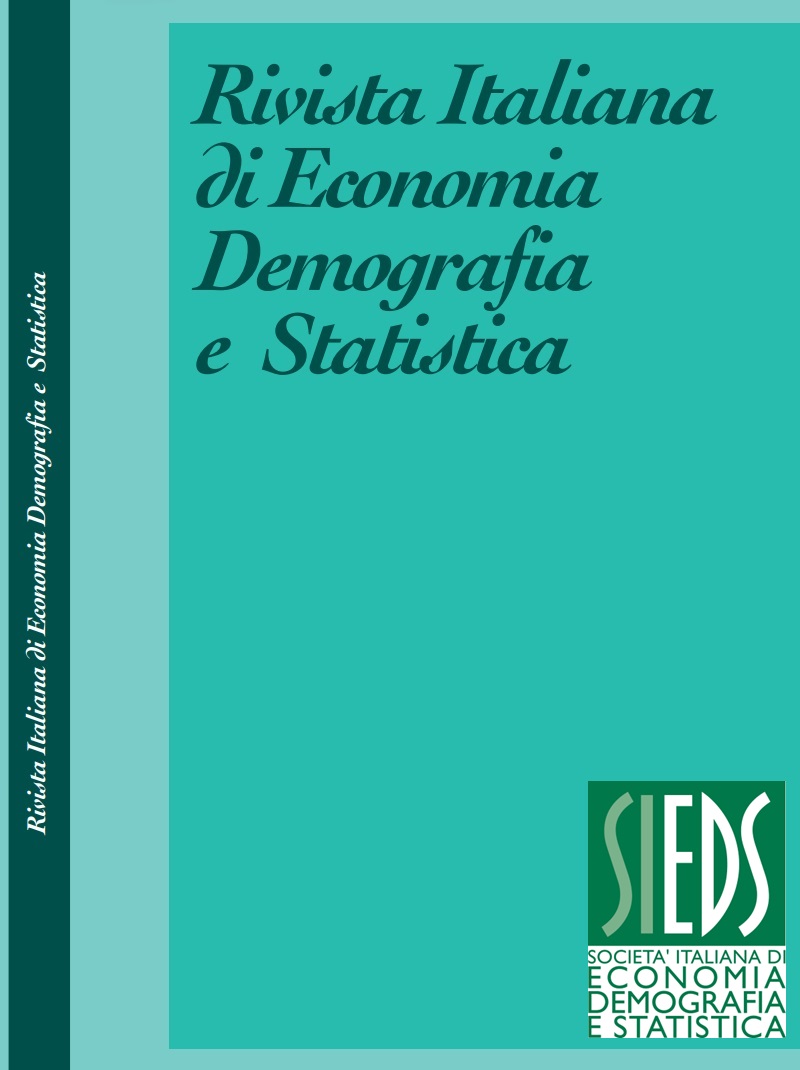Intellectual property right protection and health: the case of tuberculosis
Abstract
Tuberculosis (TB) is a high-impact communicable disease, spread globally, representing one of the top 10 causes of death in low-income countries. Since 1995, less developed and developing countries, where the burden of TB is very high, have been obliged to comply with the Agreement on Trade-Related Aspects of Intellectual Property Rights (TRIPS) to become members of the WTO. The TRIPS extends the Intellectual Property Rights (IPR) protection to knowledge-intensive products, such as pharmaceuticals, with potential effects on drug innovation and public health. Empirical evidence on the latter effect is scarce. In this work, we exploit country differences in the timing of TRIPS compliance to study whether and to what extent IPR protection might affect health outcomes. We use thirty years of data on TB mortality rates, socio-economic and health risk factors for 184 countries to estimate a 2-way staggered FE regression model and provide a full dynamic specification of the effect of the policy. We find that the TRIPS led to higher mortality rates in low-income countries, while high-income countries had beneficial effects on reducing TB mortality.
Downloads
Published
Issue
Section
License
Copyright (c) 2021 Silvia Balia, Sara Pau, Silvana Robone

This work is licensed under a Creative Commons Attribution 4.0 International License.



